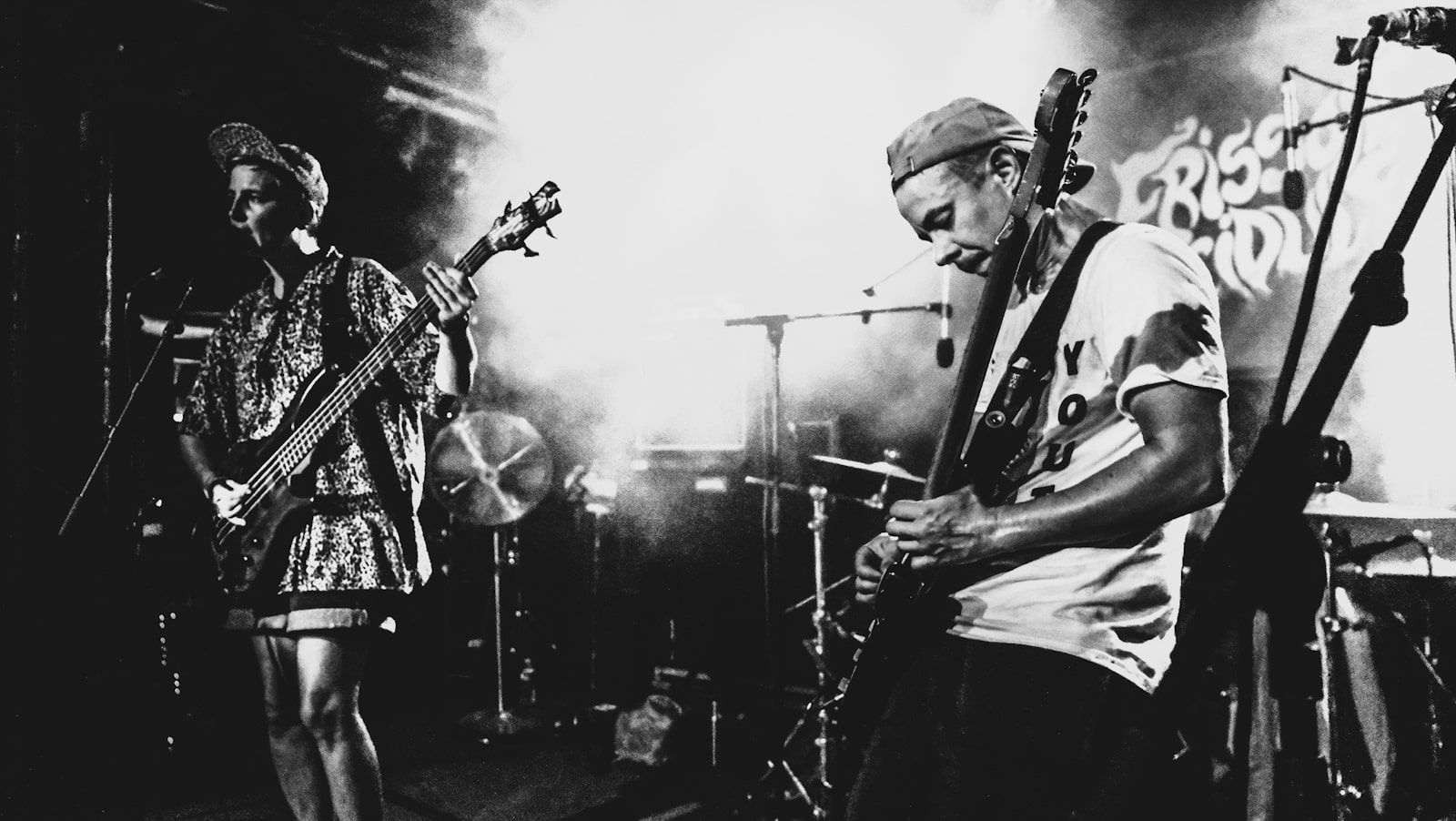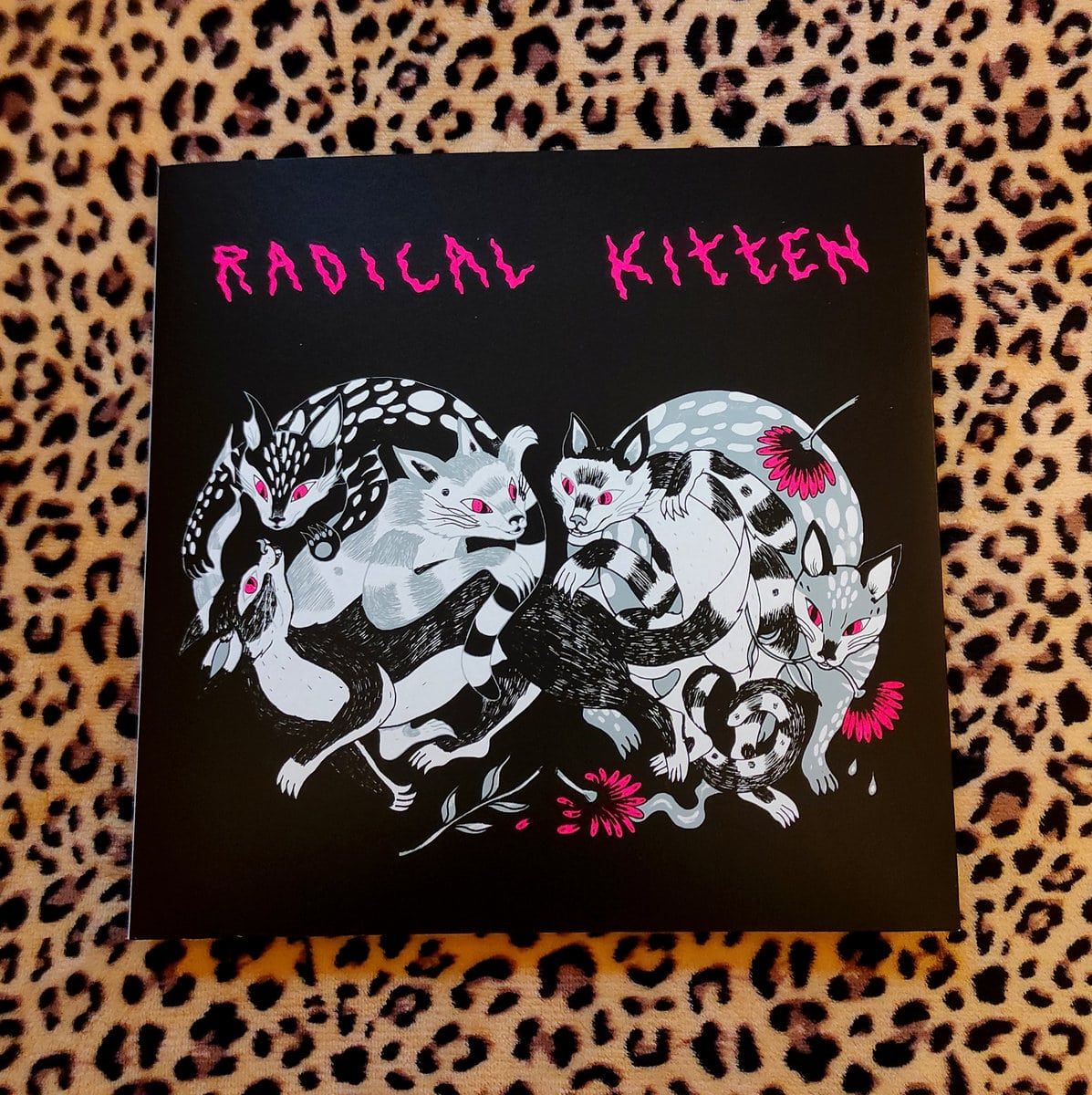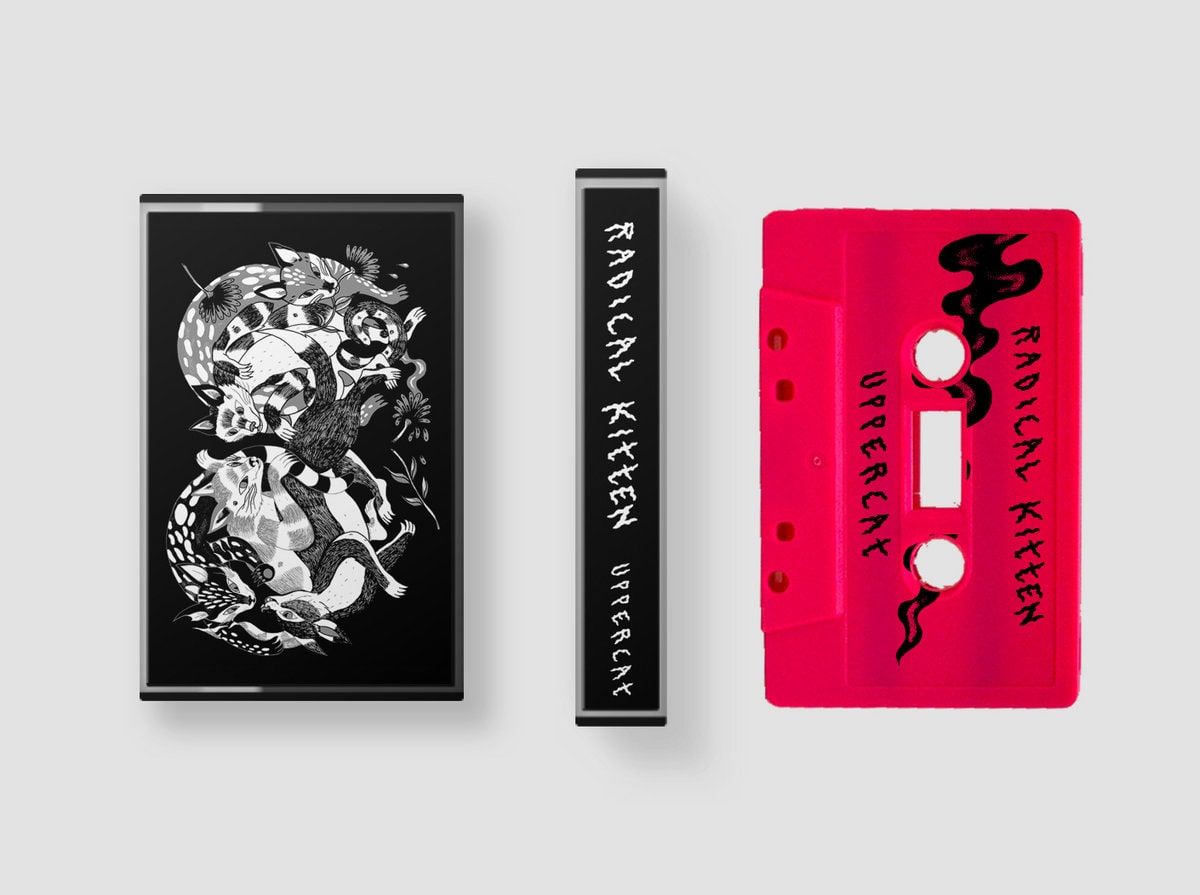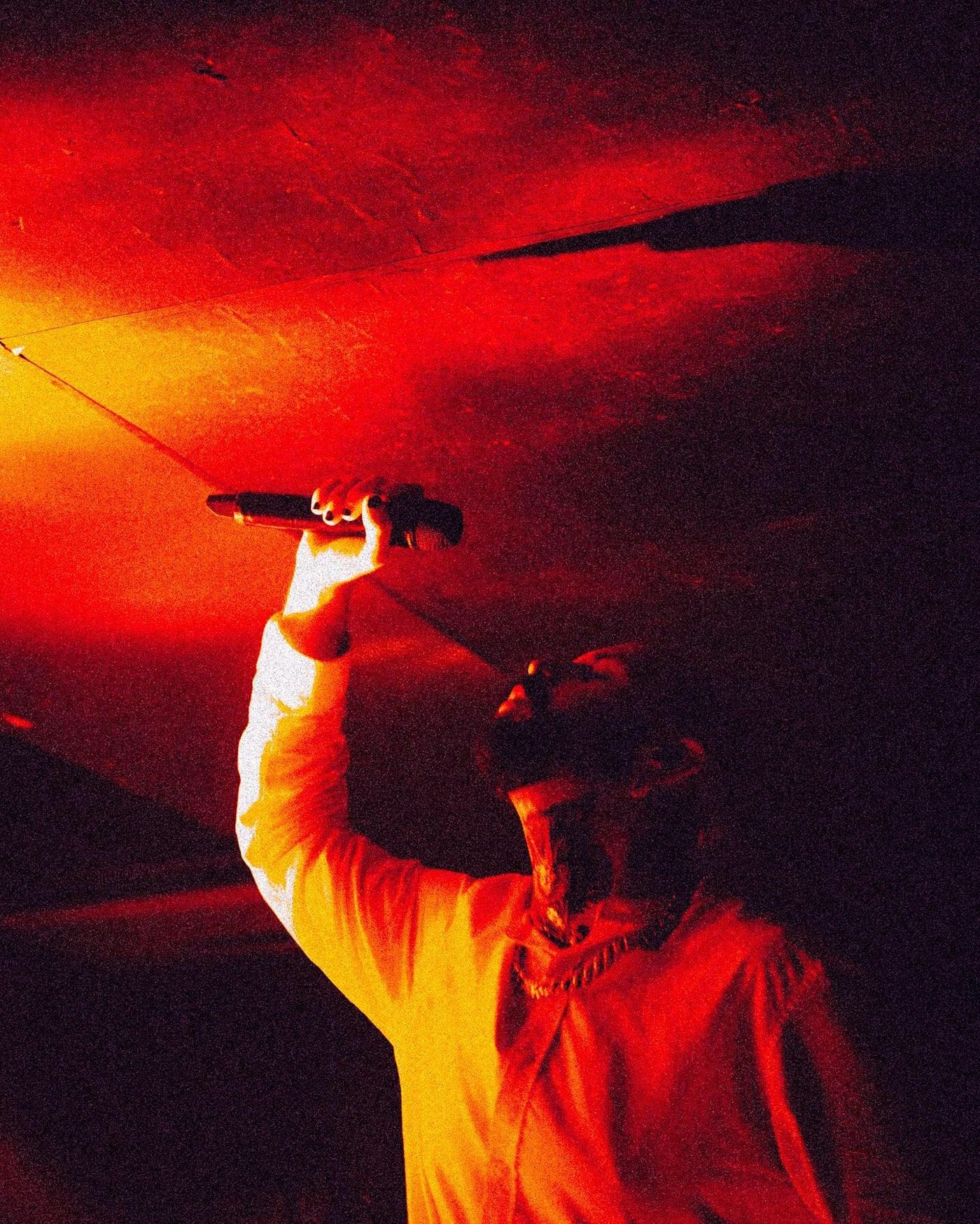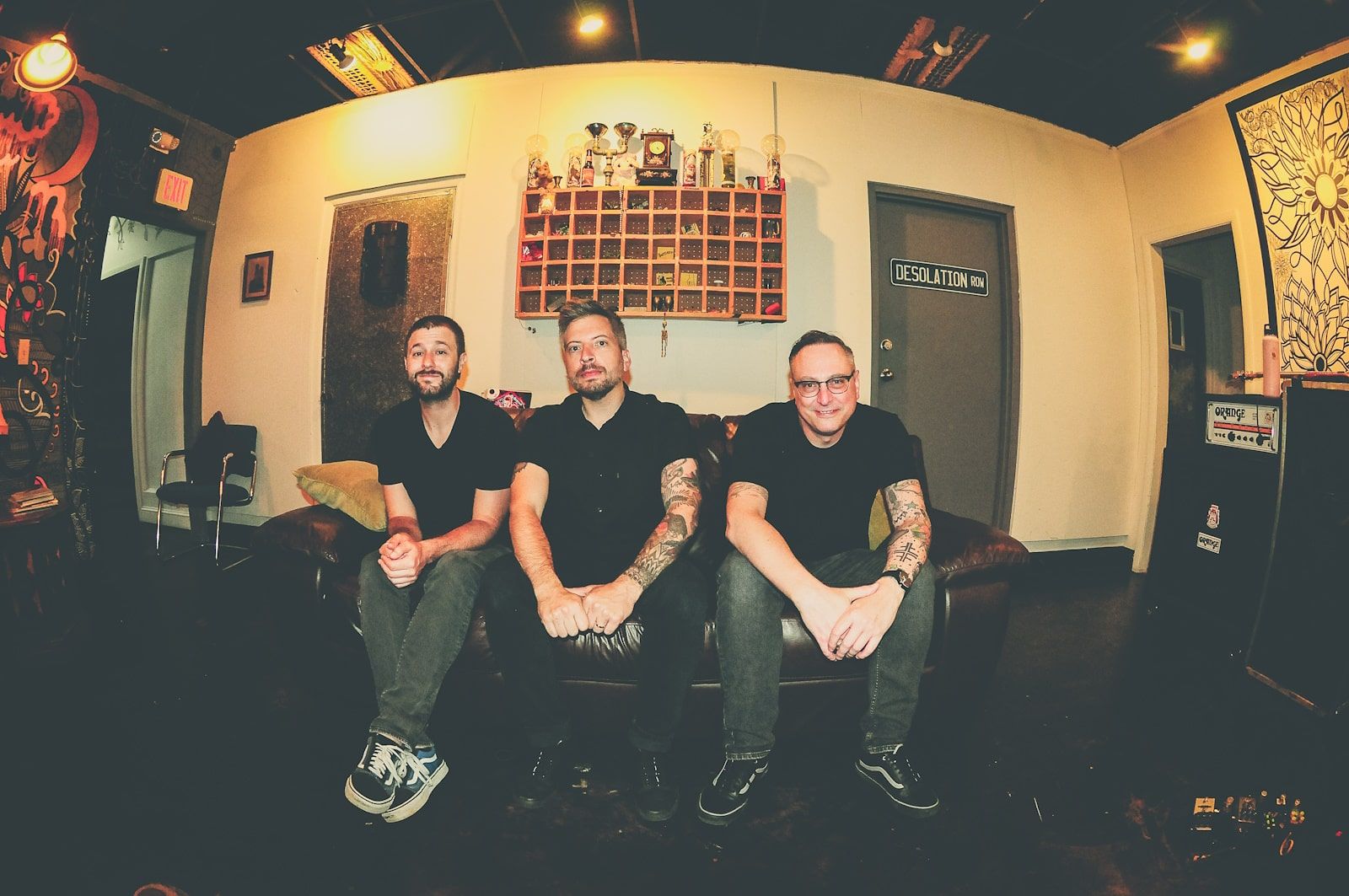With their roots firmly planted in the fertile ground of rrriot punk, the French trio RADICAL KITTEN draws inspiration from the likes of SONIC YOUTH, LE TIGRE, and ESG, forging a sound that is as unapologetically queer and feminist as it is sonically adventurous. Their latest offering, “Uppercat,” serves as a bridge between their fiery inception and their current evolution, encapsulating a narrative that is both personal and political, wrapped in a 7-track LP that defies conventional punk paradigms.
As we delve into “Uppercat,” the band’s second LP, released amidst a collaborative embrace of thirteen labels spanning vinyl, cassette, and digital formats, it’s clear that RADICAL KITTEN is not content with mere noise. Instead, they craft soundscapes that articulate a nuanced critique of contemporary malaise, from the introspective to the overtly activist.
The album’s genesis, marked by the global pandemic’s shadow, is a canvas on which the band paints a series of vignettes—each track a story, a stance, a struggle.
“Never on Time” sets the stage, a contemplative anthem reflecting the pandemic’s temporal dislocations. Here, Marin, the voice of RADICAL KITTEN, channels the collective inertia and the personal epiphanies born from isolation, threading a narrative that links the track to “Mouse Trap” and “Afraid to Die,” each exploring facets of confinement, mortality, and the absurdity of the political landscape that prioritized capital over compassion.
“Uppercat,” the album’s titular and lead single, punches through with an energy derived from the singer’s immersion in boxing and self-defense. It’s a metaphorical uppercut to the chin of passivity, championing empowerment through physical and mental fortitude.
“A few years ago in her town, the singer saw a boxing show in a squat and it was incredible ! Since then, she has spent a lot of time in self-defense (systema) and boxing clubs. She wanted to write about the energy and empowerment she felt there!” – comments the band.
Meanwhile, “No Means No” and “Fake as Fuck” confront societal stagnation and the duplicity of performative activism, calling out for genuine change and introspection within the realms of consent and power dynamics.
“More ironically, the album was almost be called Fake as fuck because we’re fully aware that we often don’t match with the aesthetic and musical standards of punk music.” – admits the band.
Perhaps the most poignant of their narratives is “Afraid to Die,” a paradoxically upbeat ode to confronting one’s fears of mortality, embodying the absurd yet effective strategy of laughing in the face of death.
“Worst Friend” concludes the album on a note of personal betrayal, encapsulating the cyclical journey from trust to disillusionment, mirroring the band’s critique of broader societal failings.
Through “Uppercat,” RADICAL KITTEN not only navigates the personal and political landscapes of our times but also challenges the aesthetic and musical confines of punk itself.
Their work is a reminder that the spirit of riot grrrl is not a relic of the past but a living, evolving force that continues to inspire, agitate, and advocate for change.
In RADICAL KITTEN’s hands, punk becomes not just a genre, but a language of resistance, resilience, and renewal.



